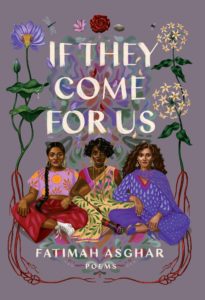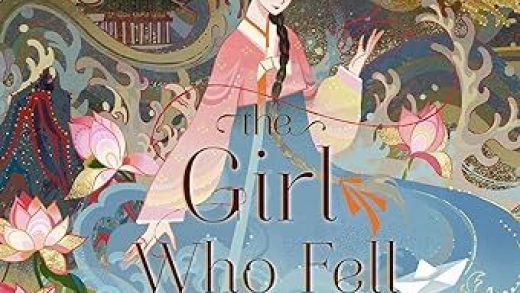Owing to my cultural heritage, it’s a shame that I don’t know enough about Pakistani literature. As a child of immigrants who willfully chose not to embrace Urdu growing up, I regret my obstinance now. Plus, with the world suddenly closing off to each other physically in an effort gain control over COVID-19, keeping those cultural connections open and well-traveled seems more important than ever. My father has been trying to expose Urdu writing to me lately, in hopes that I will strive to learn the language through the artful direction of prose and poetry. And I am starting to, though probably not in the direction he was imagining. I am discovering the fiery female voices of Urdu poetry.
Pakistan has a long legacy of exquisite literature—in fact, the country bubbles with an abundance of women writers today, including That fascination began with Fahmida Riaz (1946–2018), the first poet I started to read and whose fierce and seductive language struck my heart. Writer, poet, activist, feminist, she defied social norms with subjects matters that were altogether taboo for women to breathe and advocated for human rights until her death. And her words made me realize I had overlooked an entire world of Pakistani culture. How ignorant of me, how narrow-sighted. Consider the poem “Until When”:
Until when will you love me,
When?
Until child-creating blood seeps from my womb;
As long as my color is fresh,
My body firm.
Yet there is somewhere beyond this:
I too have traveled from there.
I long for the unknown realm:
You won’t be with me until then.
I daresay this isn’t quite the poetry my dad had in mind when entreating me to Urdu writing, but how could I possibly ignore this? The first stanza speaks of herself as nothing but a vessel, passive, fully cognizant of her value in patriarchal eyes. The second stanza is transformative, it reveals her consciousness blossoming out from just looking upon her body as a third person. Her desire for freedom from entrapment—social, physical, gendered, biological, emotional—is so palpable, especially in that rich dismissal in the last line. Riaz’s poetry encapsulates the struggle that feminine perspectives face in being heard. A struggle that may take shape in many forms, but is essentially shared. Women’s voices often differ so obviously from men because of our subjugation and objectification, demanding us to speak of our blood and body entirely as our own. And this is common across the globe. Since then, I have been delving into other writers, notably Kishwar Naheed (another revered, revolutionary poet) and Fatima Asghar, a contemporary young poet whose collection If They Come For Us (written in English) stokes flames that burn more closely to my life experiences and outlooks. These writers motivate me to actually take on learning Urdu itself, because I want to read the many authors in their true form, and let them cast their spell on me without any barrier. We’re constantly reminded that time is short, and living is only as long as we make it, so I’d like to live having a better connection to my sisters (and brothers) of my heritage.
Since then, I have been delving into other writers, notably Kishwar Naheed (another revered, revolutionary poet) and Fatima Asghar, a contemporary young poet whose collection If They Come For Us (written in English) stokes flames that burn more closely to my life experiences and outlooks. These writers motivate me to actually take on learning Urdu itself, because I want to read the many authors in their true form, and let them cast their spell on me without any barrier. We’re constantly reminded that time is short, and living is only as long as we make it, so I’d like to live having a better connection to my sisters (and brothers) of my heritage.
Plus, I look forward to introducing some poets to my dad as well.











